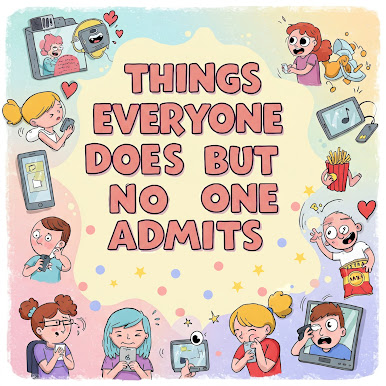What’s The Point of Grieving When Society Sets The Deadline?
It’s been two five years already? Is she not over him yet?
It’s been a decade since your parents passed away; they are in a better place now. You should be moving forward, too.
It’s been twenty years, and you still miss your grandma? You mustn’t tear up at her memory, but remember her with fondness because she is looking down at you with a smile.
How many of us have not heard at least one of these confusing dialogues as we navigate through loss? Yes, quite a lot of time has passed since a loved one’s death, but no, the loss is still painful. But society demands you show how tough you are by getting over it quickly.
It’s almost as if it wasn’t a person who passed away, but a t-shirt that got tossed away in the garbage by mistake.
“You’re still thinking about them?” is wrapped with disingenuous words that are generic and supposed to offer comfort. Except they don’t.
Grief doesn’t have a deadline, did you know that? There are no rules (yet) about how much time we are permitted to mourn the passing of a loved one. As much as the world rewards those who show strength and toughness in the face of challenges, it also forgets that human emotions are not a weakness.
We were designed to feel, and suppressing that feeling does not make one a celebrated rebel.
We were meant to have feelings and act on them. Feel bad for someone? Help them. See someone getting hurt? Heal them. Noticed someone upset? Comfort them.
But now, you’ll find it more common to see people dish out cold advice: get over it.
Okay, sure. A heart gets broken, but getting over it has miraculously healed. Someone got physically hurt and needs a moment to breathe, but nope, they need to get over it and keep on running. That shows resilience, even if it means that person has also successfully further injured themselves by going on rather than resting.
Resting means laziness, of course. Society demands that you are seen working all the time. Earn money, spend money, be seen with people you have nothing in common with, but that is what is now called socializing.
Sitting at home, grieving the loss of a loved one? How could you be so weak?
Perhaps the worst comments are given to those who lose a pet. It was only an animal. You can get another one.
Now imagine saying this to a human. Lost your grandfather? He was old. You can get another one.
But can you? The simple answer is, of course, no. No one can replace the person or animal who has gone from your life.
The person or pet you have lived with for years, who was always there for you, who comforted you on your bad days, that space is forever empty in your life.
It cannot be filled by just any substitute.
When you lose someone, it messes you up. You no longer know how to live without them. It may have been just one phone call a month, but it was something consistent and safe in your life.
Now the world feels lonely and unsafe. Nothing seems to matter for a long time because it hits you that anyone else you get attached to can also leave. For a long time, you may not want to form emotional connections with anyone.
But those who have not gone through a personal loss will not immediately understand that. They’ll wonder why you’re so moody. They’ll demand your time and energy when you have none to give.
They will tell you that you need to move on with your life. The world is moving on without that person; then so must you.
And somewhere deep inside, you just want to be told what to do so you don’t feel that sadness within you anymore. You’ll do anything not to feel the way you do, so you push yourself to socialize, to work, to ignore the memories that keep creeping up.
You’ll think you have healed, but months later, on one of the festivals or a birthday, you remember them and crumble.
After all, society demanded you move on, not heal.
So…what is the point of grieving when society sets the deadline? You cannot grieve properly or heal if you keep giving in to what is demanded of you.
Society doesn’t understand your attachment to the person or your relationship, or how safe and loved you felt around them.
Society is there to constantly judge and expect you to push yourself until the part that is broken because of the loss breaks you further. You fall and society isn’t there to pick you up. They will mock you for being weak, stigmatize you for seeking therapy, and scoff at you for putting your needs before impressing them.
There is no deadline to grief. But there is a boundary to how much society is allowed to interfere in how you need to feel after a loss.




Comments
Post a Comment